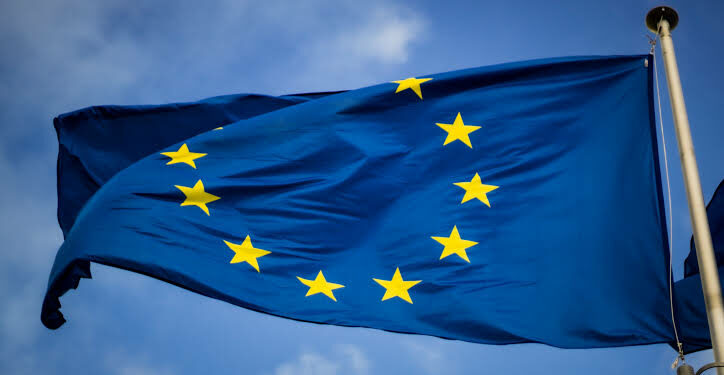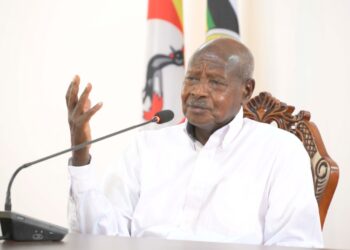In a resolute stance, the European Union has affirmed its commitment to providing Uganda with aid, even in the wake of the country’s recent enactment of a stringent anti-LGBT law.
The European Commission, responding to calls for funding withdrawal, emphasized the importance of supporting vulnerable populations, including the LGBTIQ+ community.
Swedish Member of European Parliament Johan Nissinen raised concerns about continuing financial aid to Uganda, asserting that taxpayers deserve accountability in light of the new legislation. He questioned whether it is conscionable to disregard the plight of gay individuals.
The European Commission, while expressing its opposition to Uganda’s harsh anti-LGBT law, believes that withholding EU financial support would adversely affect those in dire need, including LGBTIQ+ individuals.
Commissioner Jutta Urpilainen emphasized that disengagement could lead to gaps filled by entities not aligned with EU values.
Efforts are now underway to engage with the Ugandan Government and civil society organizations, with the aim of ensuring equal treatment for all, regardless of sexual orientation or gender identity.
Ugandan authorities have invoked the new anti-LGBT legislation, which is regarded as one of the most severe in the world.
Meanwhile, the European Commission revealed on September 6th, that it is allocating substantial resources to support pro-LGBTIQ+ initiatives within the EU.
A total of €8.83 million has been allocated to 147 Erasmus+ projects, designed to enhance inclusivity for LGBTIQ+ individuals. Vice-President Margaritis Schinas emphasized the program’s dedication to promoting equal opportunities and diversity.
European officials have demonstrated a willingness to challenge member states that diverge from pro-LGBTIQ+ policies. Both Poland and Hungary have faced warnings regarding their adherence to more conservative approaches, often framed as pro-family.
Recent scrutiny has been directed towards Hungary for its handling of LGBT literature for children, leading to legislation requiring such material to be sealed off from underage readers.
Additionally, the EU is set to allocate approximately €800 million to Ankara, part of a €3 billion commitment to support refugees in Turkey, emphasizing the importance of a social safety-net for vulnerable individuals.
The European Union’s unyielding support for LGBTIQ+ rights, even in the face of contentious legislation, underscores its commitment to fostering inclusivity and diversity within its member states and beyond.
The EU’s decision represents a notable departure from the consensus with the Western world, as the US-based World Bank on August 9th opted to cease providing new financial aid to Uganda in response to the same law.
Do you have a story in your community or an opinion to share with us: Email us at editorial@watchdoguganda.com













